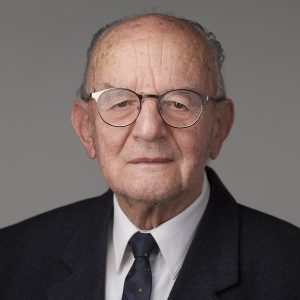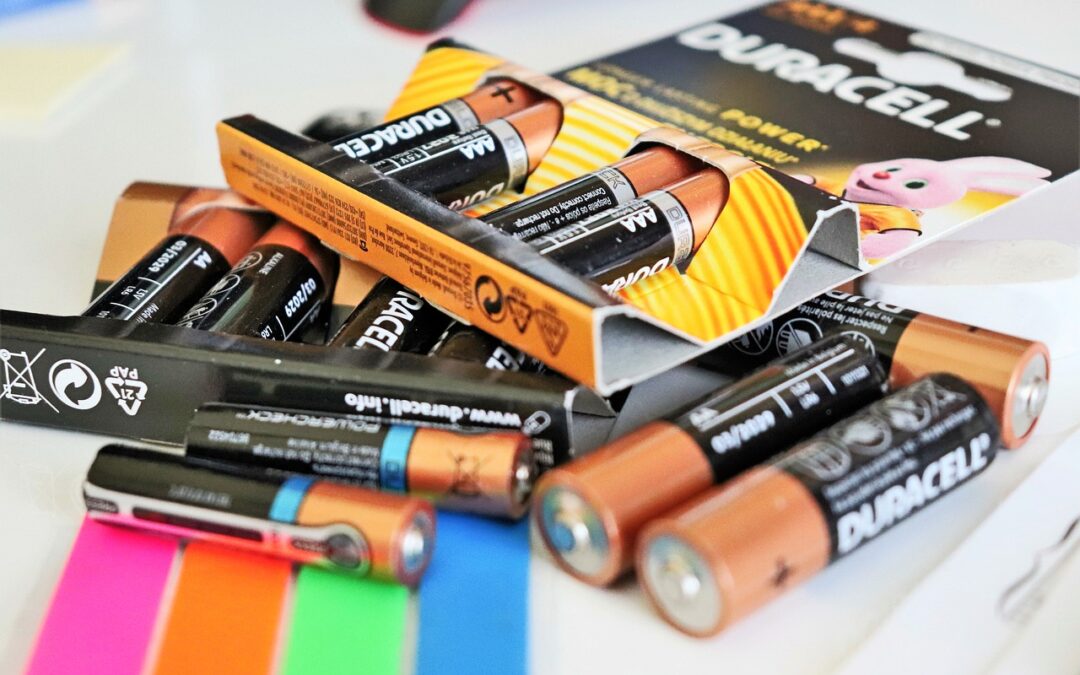FACTS
The claimant was exclusive licensee of the word mark
‘DURACELL’
in Hungary. The mark was registered in class 9 for batteries. The claimant had learnt from anadvertisement that ‘Defendant No. 1’ had Duracell batteries which he stored for sale.
Defendant No. 1 bought these batteries from defendant No. 2. The claimant sued both defendants for trademark infringement. In his claim he requested interim injunction.
The defendants requested rejection of the claim.
The Metropolitan Tribunal ordered seizure of the batteries listed in the claim. The Tribunal referred to Sec. 156 of the Code of Civil Procedure ruling on interim injunction, and to Sec. 95 of the Trademark Act, ruling also in more detail on interim injunction. The Tribunal stated first that the claimant is exclusive licensee of the mark DURACELL and in this capacity, he is allowed to sue infringers (legitimation). From the documents filed the Tribunal concluded that the defendants committed
infringement by importing the said batteries, offering them for sale and storing them for the same purpose, which the owner of the mark or his exclusive licensee may forbid. Moreover, as soon as the claimant had learnt about the infringement, he started the procedure immediately. Furthermore, the claim was founded on the fact also that the defendants used the mark for a big quantity of goods.
Against the decision of the Metropolitan Tribunal both defendants filed appeal with the Supreme Court. The appeal was not successful on the merits. In its decision the Court obliged claimant No. 2 to pay a deposit of HUF 1.700.000, – as a pledge. Otherwise, the Court agreed with the Tribunal. The defendants were wrong in the appeal, namely arguing that there was no need for an interim injunction, but the claimant proved with a document that he was the exclusive licensee, consequently he was legitimated to sue the infringers. Moreover, the Tribunal was right stating that the claimant made probable that the defendants infringed his trademark rights. This presumptive proof ought to be excluded by the defendants, alleging that they were authorized to sell the DURACELL batteries, but they did not manage to prove this right. As a result of the seizure, the defendants were not entitled to commercialize the batteries. This fact had resulted in a disadvantage for the claimant in the sense that as a compensation of this disadvantage, it was necessary to oblige the claimant to pay a security deposit. The decision on the allocation of the security deposit can be decided in the main proceeding.
In all other respects, the decision of the Tribunal was approved by the Court (Pf.IV.26.748/2002/4).
COMMENTS
Considering the facts that resulted in this case, I believe that we can speak about a kind of parallel import case, though neither the Tribunal, nor the Court used this term.
This is not surprising as the procedure was a provisional one, where the judges rendered their interim decision on probability and the same judges will examine the same situation in the main normal procedure, in which the examination will be fundamental. I speak about a kind of parallel import as defendant No. 2 imported the DURACELL batteries from the Belgian trademark owner. On the other hand, the defendants were not able to prove a legitimate source of their purchase.
The measure of interim injunction was not applied in Hungary in Trademark Cases before the 21st century, but only after Hungary joined the European Union. After having studied similar provisions in German, French and English law, the Hungarian legislator modernised first the Code of Civil Procedure, then the relevant provisions in a more detailed form in the Trademark Act and opened herewith the door for the use of this measure in trademark infringement cases (parallelly in the Patent Act, as well).
Let us say some words about the institution of pledge to be paid by the claimant. The function of this is to secure the interest between the parties with interim injunction, to secure that the claimant’s interest to receive a quick measure against the infringement is satisfied and on the other hand the defendant’s interests are satisfied by the deposit as a pledge for the eventuality if in the main procedure his defence would be successful, and the infringement claim would be finally rejected.
The above reported case is in conformity with the actual Trademark Act (1997). As the system of the jurisdiction was reformed in 2003, today the appeal in similar cases would be judged by the Metropolitan Court of Appeal and not by the Supreme Court.
In-house Counsel
Doctor of the Hungarian Academy of Sciences
Partner







